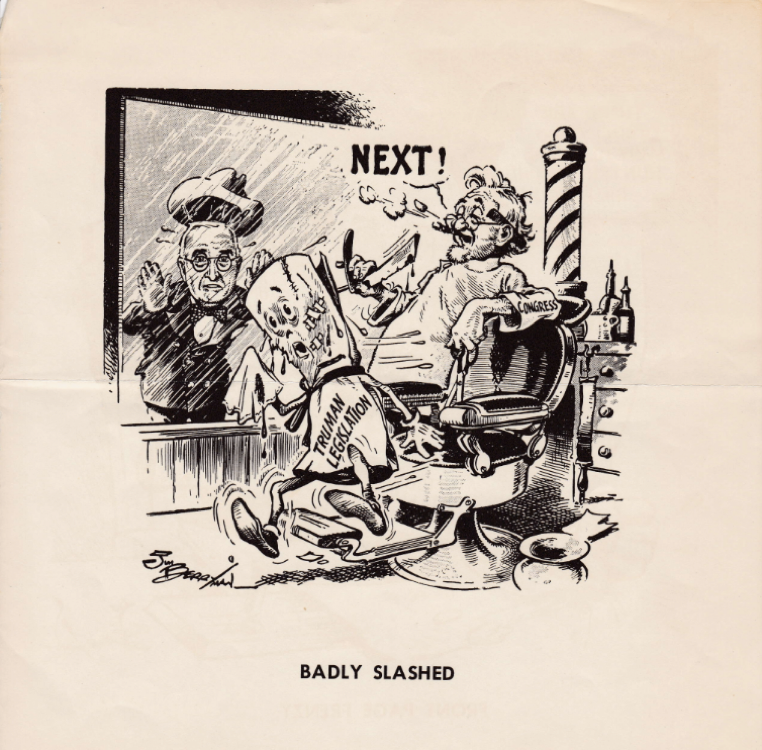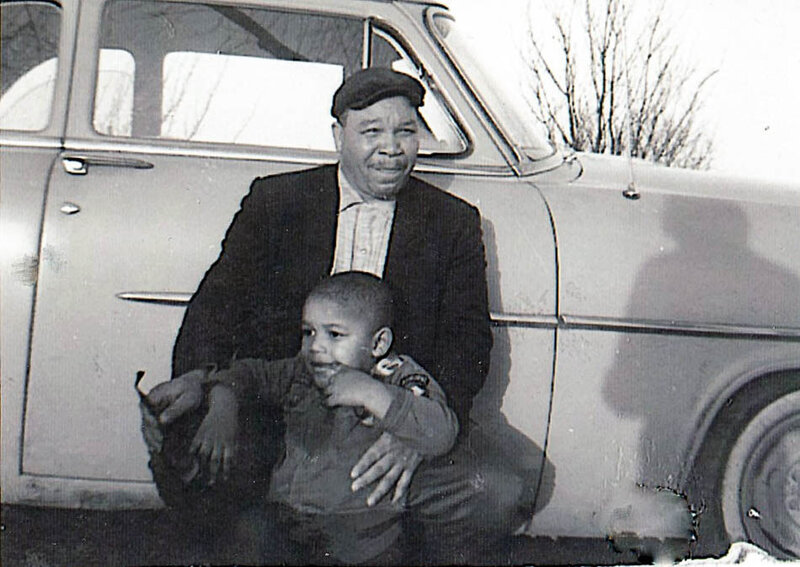 |
Mark Segraves has co-founded an organization called
the After Dark Fund to promote concerts
to raise money for D.C.-area
musicians in need. (Gerald Martineau) |
It was the 1960s, and the Washington Evening Star’s nightlife columnist John Segraves happened to be working at the precise instant that the typical newspaper music critic was morphing from someone like him — short hair, white shirt, jacket and tie — to someone more like Animal from the Muppets.
Of one musician’s psychedelic D.C. performance in 1968, he wrote: “I do hope if he comes by our town again he lowers the decibels a few hundred degrees so one can appraise his voice. His guitar emits so much blatant noise that it too becomes indistinguishable.”
The artist was Jimi Hendrix.
“Dad hated rock-and-roll, and he never came around to liking it,” said John’s son, Mark Segraves. “But, that said, I remember for my 13th or 14th birthday, he bought me the Beatles’s ‘White Album’ and a radio and tuned it to WHFS.”
 |
John Segraves, Mark's late father, in the 1960s and
1970s wrote a music and nightlife column
in the Washington Evening Star
called “After Dark.” (Family Photo) |
And so the younger Segraves became steeped in both music and journalism. His mother, Frances, worked at newspapers in Frederick, Md., and Baltimore, and his father was a veteran scribe who went from Senators beat writer at the Star to assistant national editor, while also penning a twice-weekly music column called “After Dark.”
Mark is a reporter at Channel 4-WRC and an enthusiastic music lover. It’s something he learned at his father’s knee.
“He would take me to shows: Peggy Lee, Sammy Davis Jr., Roberta Flack at Mr. Henry’s,” Mark said. “I remember all of that vividly. After the show he’d have to go to the Washington Star in Southeast and write his column. I would run around the Star building at midnight or 1 a.m. while he was banging out copy on a typewriter. It was just great memories for me.”
The elder Segraves loved jazz and the Great American Songbook. If he missed the boat in some ways — did anyone else want Hendrix to turn it down so they could hear his singing? — he was prescient in others. Of a 1969 performance by Janis Joplin at Merriweather Post Pavilion, he wrote: “Can the voice within this cute little girl from Port Arthur, Tex., continue to take the strain and still work by the time she’s 30? We’ll know in four more years.”
Sadly, we knew sooner than that.
John died after a heart attack in 1978. He was 48. Mark was 17.
“One of my great regrets is that he never got to see me as a journalist,” said Mark, 57, who has also worked at WJLA and WTOP.
Attribution: John Kelly - washingtonpost.com
Full Story: Seagraves




